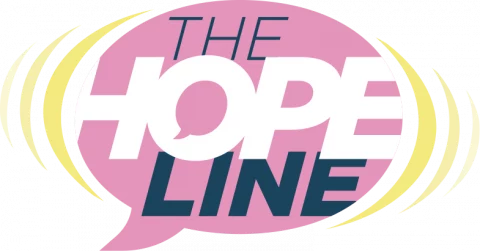Even when you are not in the midst of a severe mental health crisis, you may find yourself experiencing suicidal thoughts. While the thoughts themselves are certainly scary, understanding their source may help with managing and decreasing them long term. The following are some common sources of suicidal thoughts:
•
Sexual assault•
Abuse, manipulation, cruelty, or other attacks on your self-worth
• Severe mental illness, especially depression (or mental health issues that have gone untreated or unmedicated for long periods of time)
• Neglect, rejection or
abandonment• Guilt or shame
It's important that you do whatever you can to get help as soon as possible if you see any signs of abandonment in your relationships.





 Privacy Policy / Terms of Use
Privacy Policy / Terms of Use